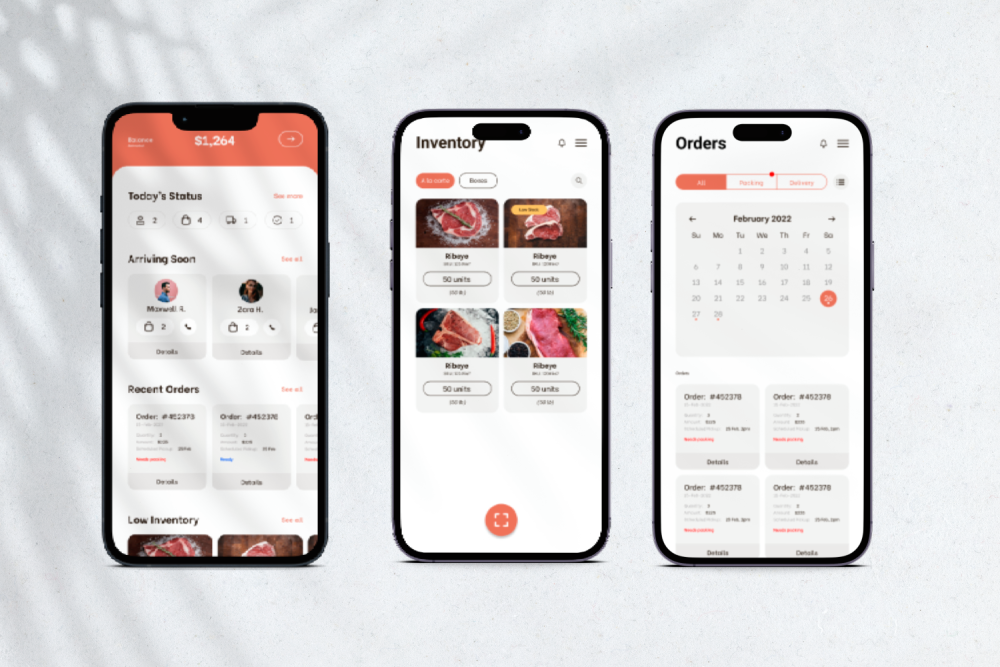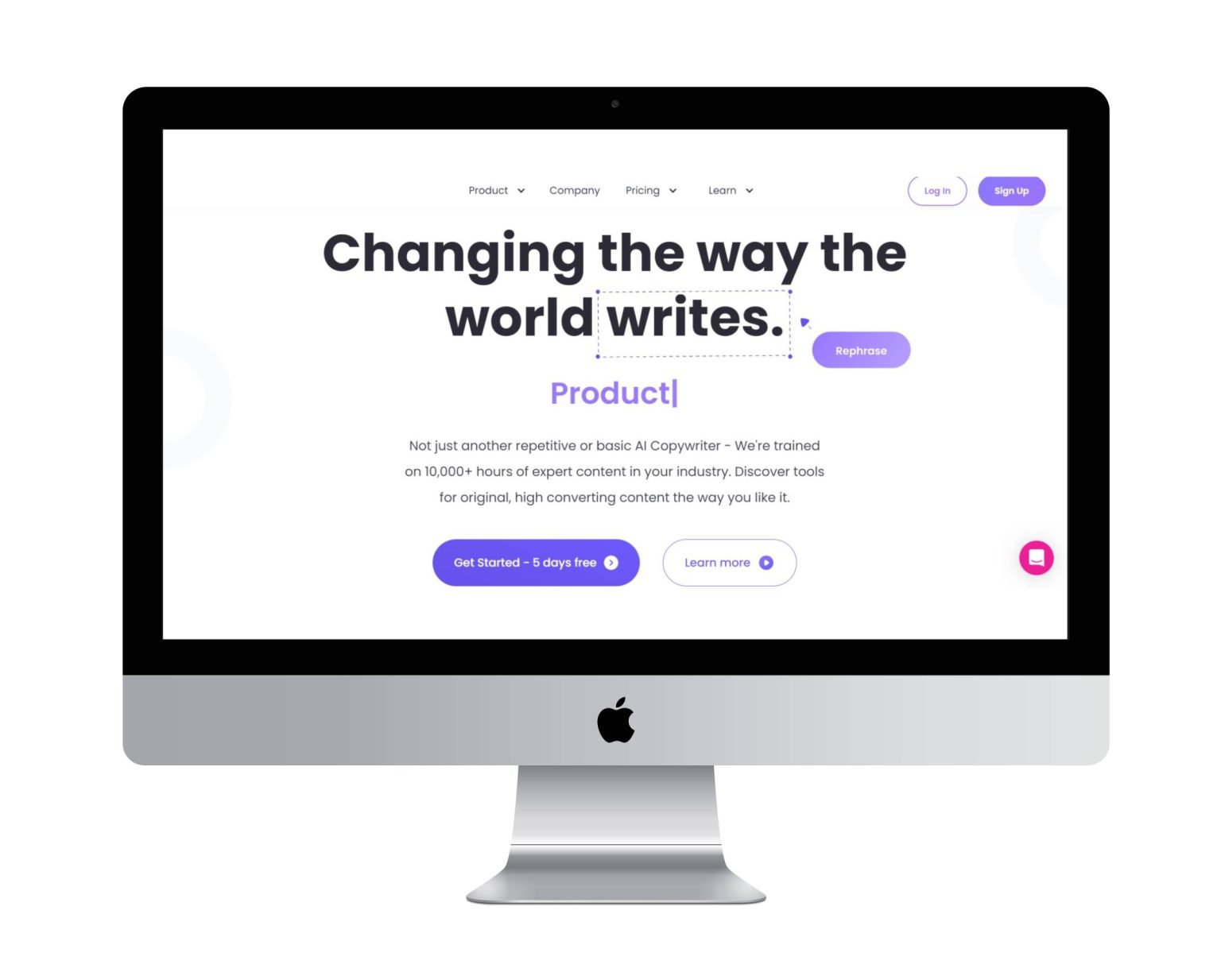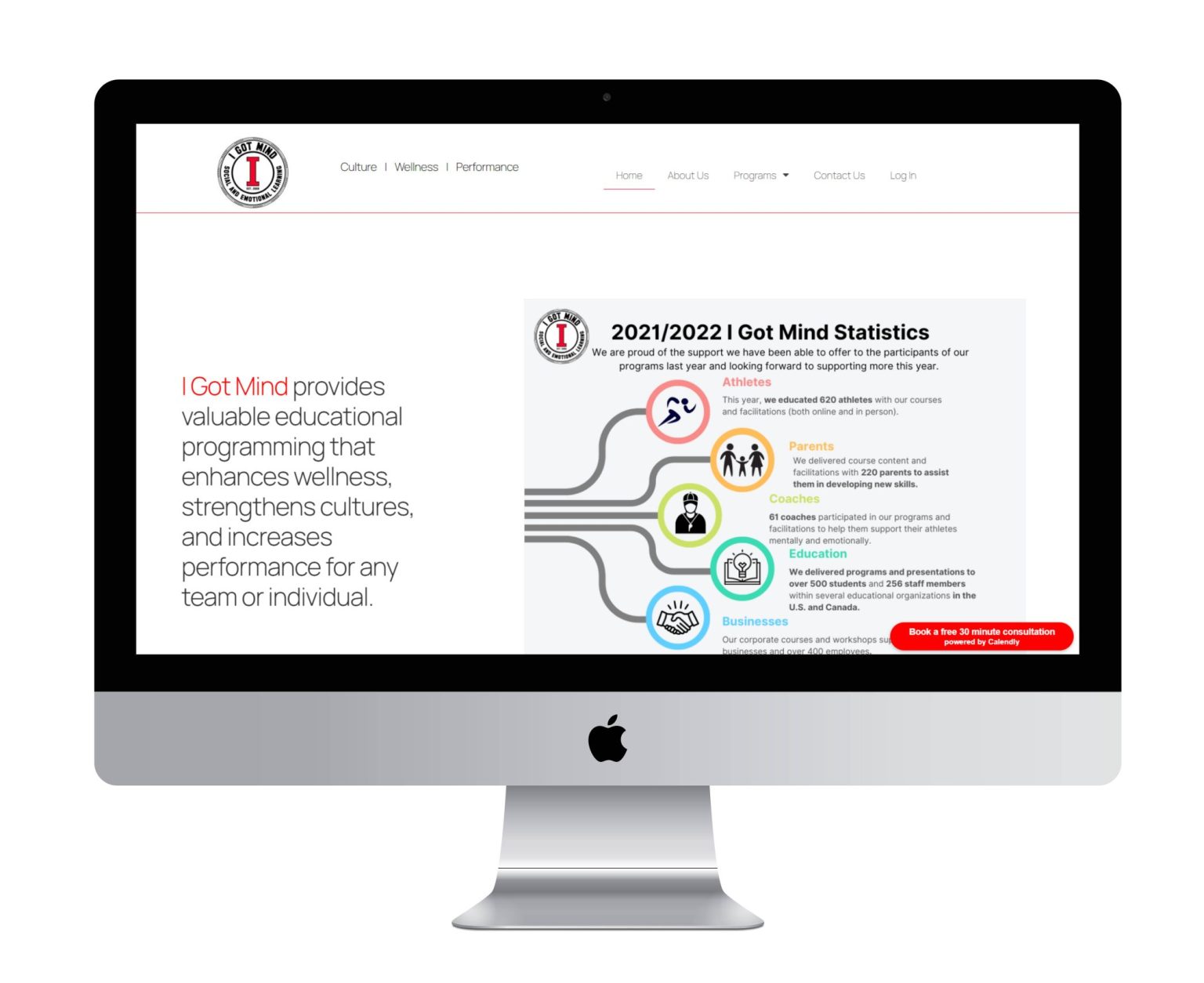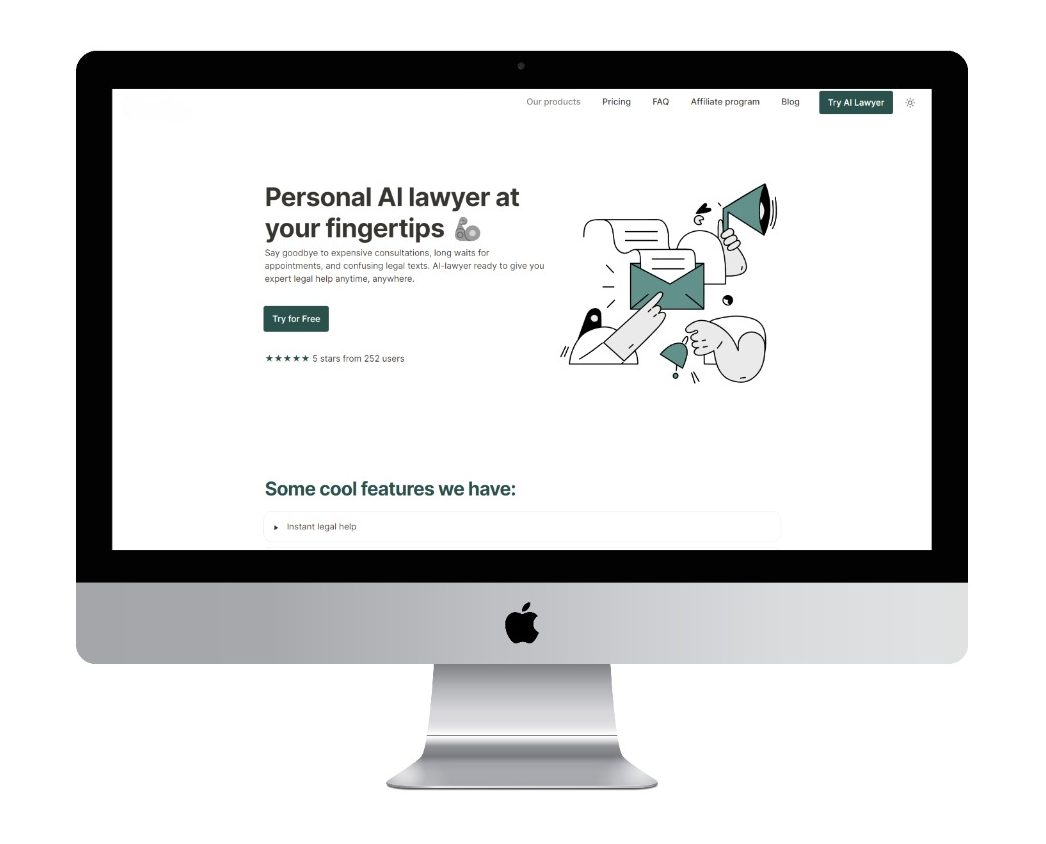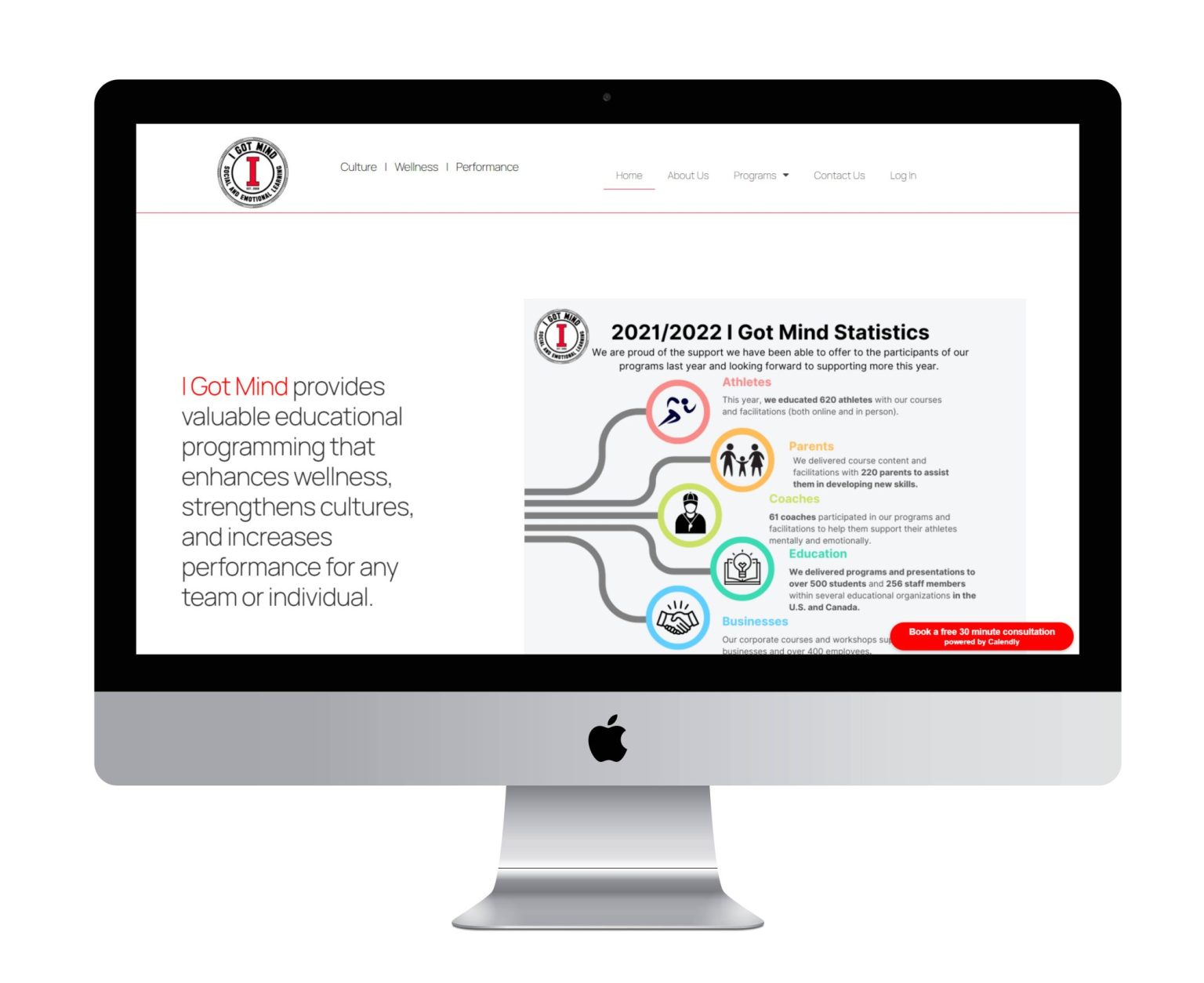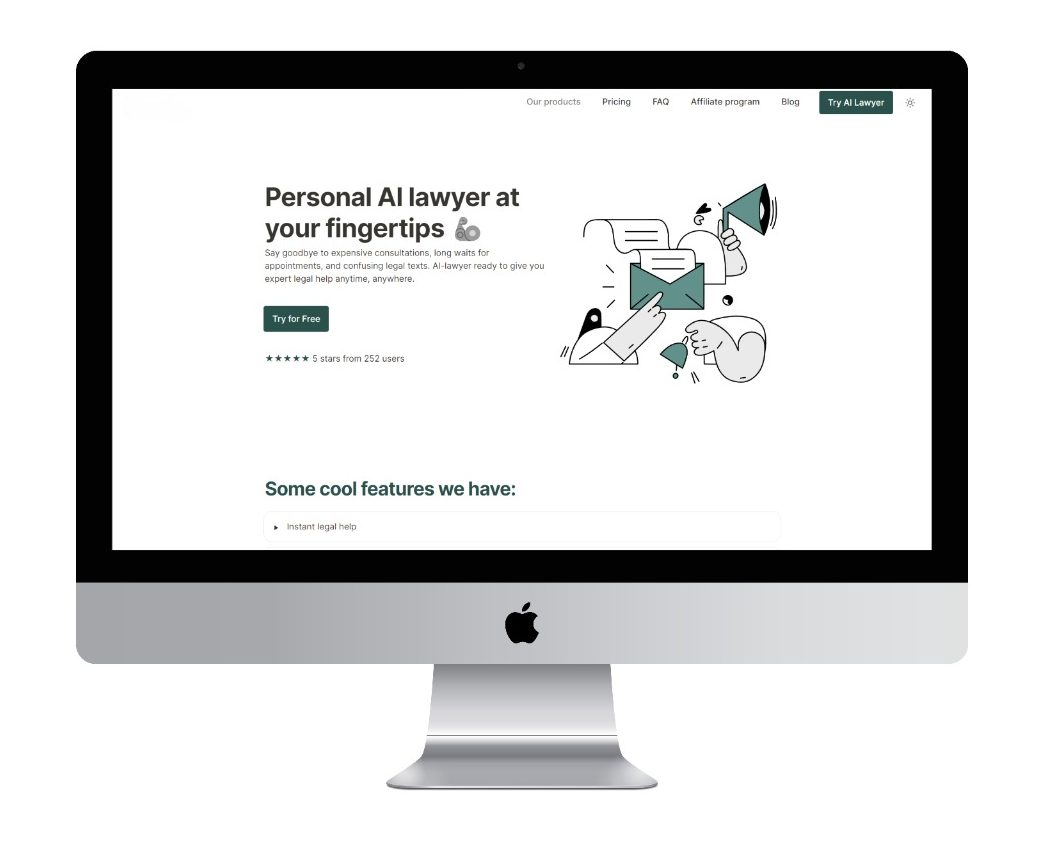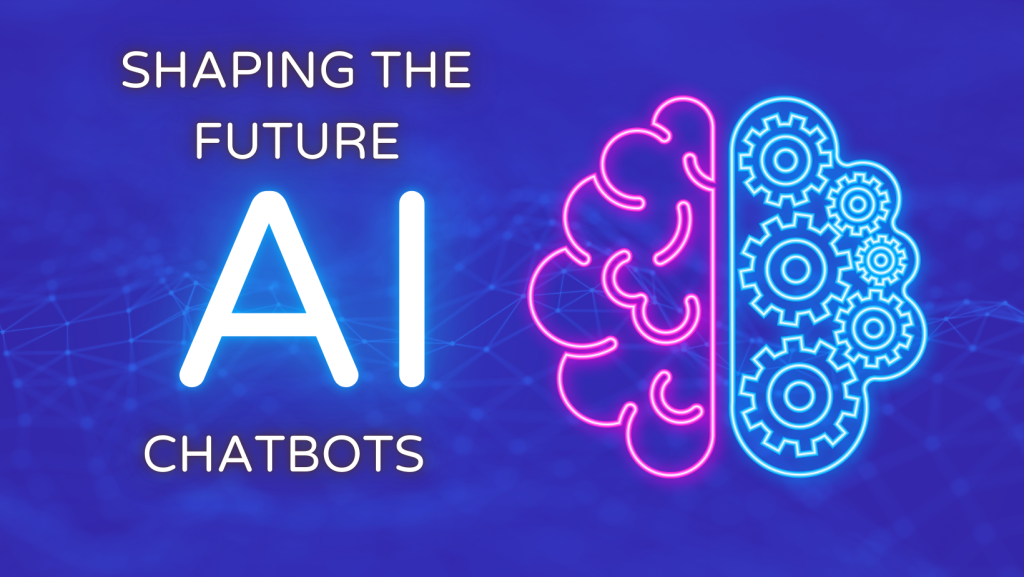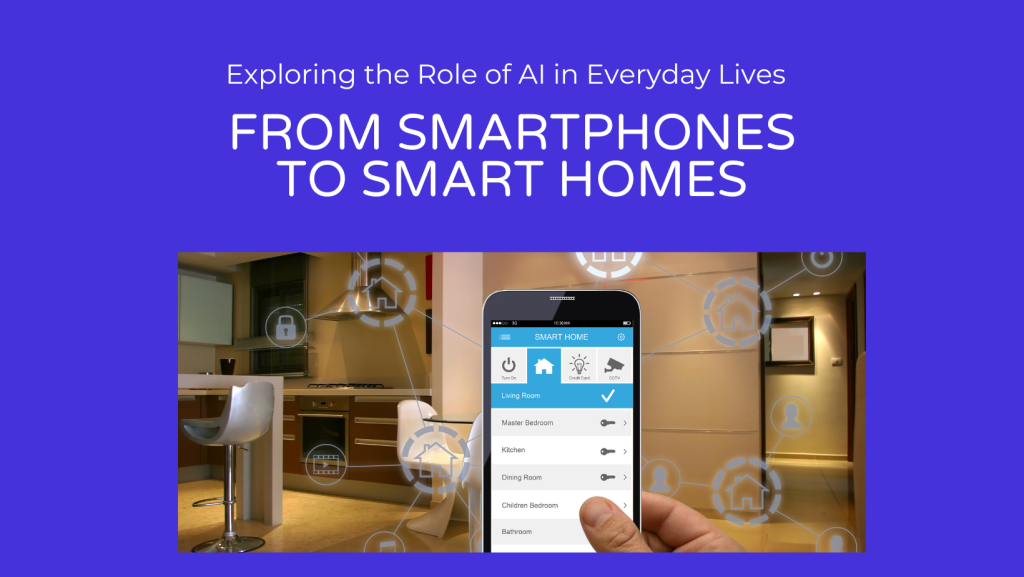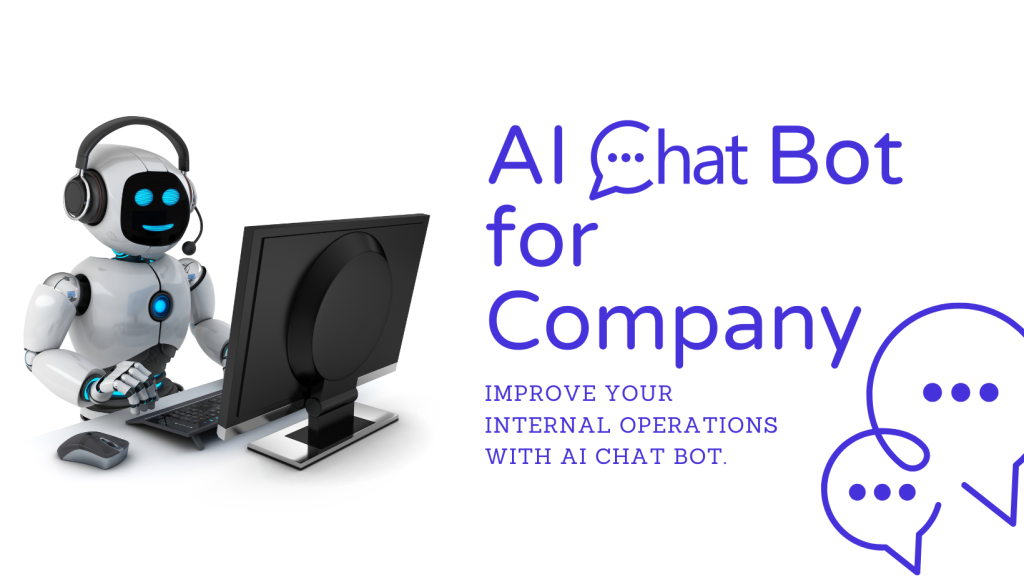Introduction
AI chatbots revolutionize internal operations by streamlining processes and improving efficiency. These tools offer scalability and enhanced capabilities, making them ideal for optimizing company operations.
They handle various tasks, from customer support to analytics, with advanced AI algorithms that understand natural language and provide real-time responses.
In today’s competitive landscape, providing exceptional customer service is crucial. AI chatbots excel in this area, handling multiple tasks simultaneously and continuously learning to improve responses. Their scalability ensures prompt addressing of customer queries, reducing the workload on human support agents.
This blog explores the benefits of implementing AI chatbots in internal operations. It covers key features, advantages, selecting the right chatbot, integration strategies, and future trends in AI chatbots. Let’s delve into how AI chatbots streamline internal operations.
Understanding AI Chatbots in the Workplace
AI chatbots in the workplace are software programs that simulate conversations with users. These chatbots can be classified into different types based on their capabilities. The first type is menu/multiple-choice chatbots that provide users with options and a predefined script to guide the conversation. This type is suitable for handling basic queries and directing users to the right information.
The second type is simple/keyword recognition chatbots, which rely on predefined keywords and scripts to respond to user queries. While these chatbots can handle more complex queries than menu-based chatbots, they require extensive development time to create an extensive set of answers.
The most advanced type is smart/contextual chatbots, which utilize machine learning and artificial intelligence to enhance their responses. These chatbots have the ability to learn from previous conversations and improve their responses over time. They can understand the context of the conversation and provide more accurate and personalized answers.
AI chatbots store their knowledge in a knowledge base, which serves as a repository of information that the chatbot can access to provide accurate responses. The knowledge base is continuously updated and expanded to ensure that the chatbot has access to the latest information.
By leveraging generative AI, AI chatbots can generate human-like responses based on the input they receive. This allows them to provide more natural and engaging conversations with users, enhancing the overall user experience.
In the next sections, we will explore the evolution of chatbots in business environments, their key features for internal operations, and the benefits of implementing AI chatbots in companies.
The Evolution of Chatbots in Business Environments
Chatbots have evolved from basic tools to sophisticated conversational agents, thanks to AI and NLP advancements. Initially used for simple queries, they now handle complex tasks across industries like finance, e-commerce, and healthcare. Today, chatbots streamline operations and enhance customer satisfaction by facilitating financial transactions, offering recommendations, and providing quick responses. Their impact on business interactions is significant, driving efficiency and improving customer service.
Key Features of AI Chatbots for Internal Operations
AI chatbots offer a range of key features that make them highly valuable for internal operations in companies. These features include:
- Machine Learning: AI chatbots are powered by machine learning algorithms, allowing them to continuously learn and improve their responses over time. This enables them to provide accurate and relevant information to users.
- Customer Support: AI chatbots can handle customer queries and provide support round the clock. They can assist customers with common issues, answer frequently asked questions, and provide personalized recommendations.
- Analytics: AI chatbots can collect data on customer interactions and analyze it to gain insights into customer behavior, preferences, and pain points. This information can be used to improve products and services, enhance the customer experience, and drive business growth.
In addition to these key features, AI chatbots can be customized to suit specific business needs and integrate with existing systems and workflows. They can also be designed to handle multiple languages, ensuring effective communication with customers from different regions.
The implementation of AI chatbots in internal operations brings numerous benefits, which we will explore in the next sections.
Benefits of Implementing AI Chatbots
Implementing AI chatbots in companies can bring a wide range of benefits. Some of these benefits include:
- Improved Employee Productivity: AI chatbots can handle routine and repetitive tasks, freeing up employees’ time to focus on more complex and strategic activities. This improves overall employee productivity and efficiency.
- Enhanced Efficiency: AI chatbots can provide instant, accurate, and consistent responses to customer queries, reducing response time and improving efficiency in customer support operations.
- Increased Customer Satisfaction: AI chatbots provide round-the-clock support, ensuring that customers’ queries are addressed promptly. This leads to improved customer satisfaction and loyalty.
In the following sections, we will delve deeper into the specific ways in which AI chatbots enhance employee productivity, streamline communication across departments, and facilitate the selection of the right chatbot for your company.
Enhancing Employee Productivity and Efficiency
AI chatbots play a crucial role in enhancing employee productivity and efficiency. By automating routine and repetitive tasks, these chatbots allow employees to focus on more strategic activities that require human intervention.
For example, in the marketing department, AI chatbots can assist in lead generation, customer segmentation, and campaign management. They can process large amounts of data in real-time, identify patterns, and provide valuable insights to help marketers make informed decisions.
Additionally, AI chatbots can handle customer inquiries and support, allowing customer service representatives to concentrate on solving more complex issues that require a human touch. By automating common queries and providing instant responses, chatbots ensure that customer support is available 24/7, improving overall customer satisfaction.
The advanced AI capabilities of chatbots enable them to continuously learn and improve their responses based on interactions with customers. This means that over time, chatbots become more efficient in handling customer queries and require less human intervention.
Overall, AI chatbots empower employees by automating repetitive tasks, providing valuable insights, and improving efficiency in various departments, ultimately leading to increased productivity and better utilization of resources.
Streamlining Communication Across Departments
Implementing AI chatbots in companies streamlines communication across departments, unlike traditional methods like emails and phone calls which can be time-consuming. Chatbots offer a centralized platform for seamless collaboration and integration with existing systems like CRM software and email clients, facilitating information flow.
APIs equip AI chatbots to interact with external systems such as social media and search engines, enhancing their capabilities to provide accurate responses. The scalability of AI chatbots allows them to handle a large volume of inquiries simultaneously, improving internal communication efficiency.
Next, we will discuss factors for selecting an AI chatbot and compare popular options available in the market.
Selecting the Right AI Chatbot for Your Company
Selecting the right AI chatbot for your company is crucial to ensure that it aligns with your specific requirements and goals. Here are some factors to consider when choosing an AI chatbot:
- Initial Setup: Evaluate the ease of setup and implementation. Look for chatbot platforms that offer user-friendly interfaces and comprehensive documentation to facilitate the initial setup process.
- Integration with CRM: If your company uses a CRM system to manage customer data, make sure the chatbot can integrate seamlessly with it. This integration enables the chatbot to access customer information and provide personalized responses.
- Knowledge Base: A robust knowledge base is essential for an AI chatbot. Ensure that the chatbot has access to an extensive repository of information that can be continuously updated and expanded to provide accurate and up-to-date responses.
One popular AI chatbot option in the market is ChatGPT, developed by OpenAI. ChatGPT is a powerful language model that can generate human-like responses based on the input it receives. It can be trained on specific domains and can provide accurate and contextually relevant information.
Other popular AI chatbot options include chatbots developed by companies like Google, Facebook, and Zendesk. Each of these chatbots offers different features and capabilities, so it is important to evaluate them based on your specific requirements.
In the following sections, we will discuss the factors to consider when choosing a chatbot and compare some popular AI chatbots for businesses.
Factors to Consider When Choosing a Chatbot
When choosing a chatbot, several factors need to be considered to ensure that it aligns with your company’s requirements and objectives. Some key factors to consider include:
- Scalability: Evaluate the chatbot’s scalability to handle a large volume of conversations simultaneously. This is especially important for companies with high customer interaction volumes.
- AI Capabilities: Assess the chatbot’s AI capabilities, including its ability to understand natural language, provide accurate responses, and continuously learn and improve over time.
- Knowledge Base: A robust knowledge base is crucial for a chatbot to provide accurate and relevant information. Ensure that the chatbot has access to a comprehensive knowledge base that can be regularly updated and expanded.
By considering these factors, you can select a chatbot that meets your company’s requirements and provides optimal performance in streamlining internal operations.
Comparing Popular AI Chatbots for Businesses
Several AI chatbot choices exist, each with unique abilities. Let’s compare some popular options:
ChatGPT offers a strong language model that can mimic human-like responses and be tailored for specific fields.
Google Chatbot links with Google services, handles multiple languages, and has natural language processing skills.
Facebook Bot syncs with Facebook Messenger, provides various chatbot templates for customization, and gives conversation insights.
These are a few examples of trendy AI chatbots. Evaluating them based on your company’s needs is crucial. Next, we’ll discuss strategies and best practices for integrating AI chatbots into workflows.
Integration Strategies for AI Chatbots
Integrating AI chatbots into existing workflows is essential to ensure seamless communication and maximize their potential within the company. Here are some integration strategies to consider:
- Integration with Existing Systems: AI chatbots should seamlessly integrate with existing systems such as CRM, helpdesk software, and other tools used in the company. This integration allows for the exchange of data and information between different systems, ensuring a unified and efficient workflow.
- Use of APIs: Application Programming Interfaces (APIs) play a crucial role in enabling chatbots to interact with external systems and services. APIs allow chatbots to access information from databases, retrieve customer data, and perform various tasks, enhancing their capabilities and improving their responses.
In the following sections, we will discuss best practices for integrating chatbots into existing workflows and address common challenges that organizations may encounter during the integration process.
Best Practices for Integrating Chatbots into Existing Workflows
Integrating chatbots into existing workflows requires careful planning and execution. Here are some best practices to follow:
- Identify Workflow Gaps: Identify areas in your existing workflows where chatbots can provide value and improve efficiency. These may include customer support, lead generation, or data retrieval processes.
- Collaborate with IT Department: Work closely with your IT department to ensure a smooth integration process. They can assist in setting up the necessary infrastructure, integrating APIs, and addressing any technical challenges.
- Train Employees: Provide training to employees on how to interact effectively with chatbots and leverage their capabilities. This will help them understand the benefits of chatbots and maximize their potential in their daily workflows.
Additionally, consider integrating chatbots with your CRM system to ensure a seamless flow of customer data and personalized responses. Chatbots can also be integrated with email systems to automate routine email responses and provide timely information to customers.
Overcoming Common Integration Challenges
Integrating chatbots into existing workflows may present some challenges. Some common challenges include:
- Setup Complexity: Setting up chatbots and integrating them with existing systems can be complex, requiring technical expertise. Collaborate with your IT department or seek assistance from chatbot service providers to overcome setup challenges.
- Scalability: Ensure that the chatbot can handle increased volumes of conversations as your business grows. Consider scalability options and select chatbots that can handle your company’s future needs.
By being aware of these challenges and adopting best practices, organizations can successfully integrate chatbots into their existing workflows and reap the benefits they offer.
Future Trends in AI Chatbots and Internal Operations
The future of AI chatbots in internal operations appears promising, driven by advances in machine learning and natural language processing. Here are some key future trends:
- Machine Learning Advancements: AI chatbots will enhance their machine learning capabilities for more accurate and personalized responses by learning from interactions and adapting to user behavior.
- Natural Language Processing: Improved natural language processing algorithms will enable chatbots to understand complex queries better, enhancing user interactions with more human-like responses.
- Predictive Capabilities: AI chatbots will develop predictive abilities to anticipate user needs, offering proactive assistance through data analytics-driven recommendations and solutions.
These trends will revolutionize internal operations, optimizing processes, boosting efficiency, and elevating customer satisfaction. Stay tuned for an in-depth exploration of machine learning, natural language processing in AI chatbots, and future predictions.
The Role of Machine Learning and Natural Language Processing
Machine learning and NLP are key to AI chatbots’ abilities. ML algorithms help chatbots learn, improve responses, and adapt to user behavior.
Chatbots use ML to analyze unstructured data like customer queries. NLP allows them to understand human language, respond naturally, and continuously learn from interactions.
ML and NLP make chatbots intelligent, enabling them to provide personalized responses based on user intent, context, and emotions. They are transforming how companies interact with customers.
Predictions for AI Chatbot Advancements
The future of AI chatbots holds exciting possibilities. Here are some predictions for advancements in AI chatbots:
- Generative AI: AI chatbots will become more proficient in generating human-like responses. They will be able to generate creative and contextually relevant answers, enhancing the user experience.
- Emotion Recognition: AI chatbots will develop the ability to recognize and respond to user emotions. This will enable them to provide empathetic and personalized interactions, enhancing customer satisfaction.
- Voice Recognition: AI chatbots will advance in voice recognition technologies, allowing for more seamless and natural conversations. They will be able to understand accents, dialects, and nuances of speech, making interactions more fluid.
These advancements in AI chatbots will transform internal operations in companies, providing more efficient and personalized interactions with customers and streamlining various processes.
Conclusion
In the fast-paced corporate world, AI chatbots are revolutionizing internal operations by enhancing productivity, streamlining communication, and integrating seamlessly with existing workflows. As businesses evolve, the role of these intelligent assistants becomes increasingly vital in driving efficiency and effectiveness across departments. By selecting the right AI chatbot tailored to your company’s needs and future trends, you can stay ahead of the curve and unlock a world of possibilities for optimized operational excellence. Embrace the power of AI chatbots to transform the way your organization operates and elevate your internal processes to new heights of success.
Contents
Frequently Asked Questions
Most frequent questions and answers
AI chatbots differ from traditional chatbots in their advanced artificial intelligence capabilities. AI chatbots leverage machine learning and natural language processing to provide more accurate and personalized responses to customer queries, improving customer support experiences.
The initial costs of implementing an AI chatbot include the setup and customization of the chatbot, integration with existing systems, and training. The costs can vary depending on the complexity of the chatbot and the specific requirements of the company.
Yes, AI chatbots can integrate with other company software and tools. They can be seamlessly integrated with CRM systems, email clients, and other company-specific tools using APIs, ensuring a smooth flow of information and efficient workflows.

